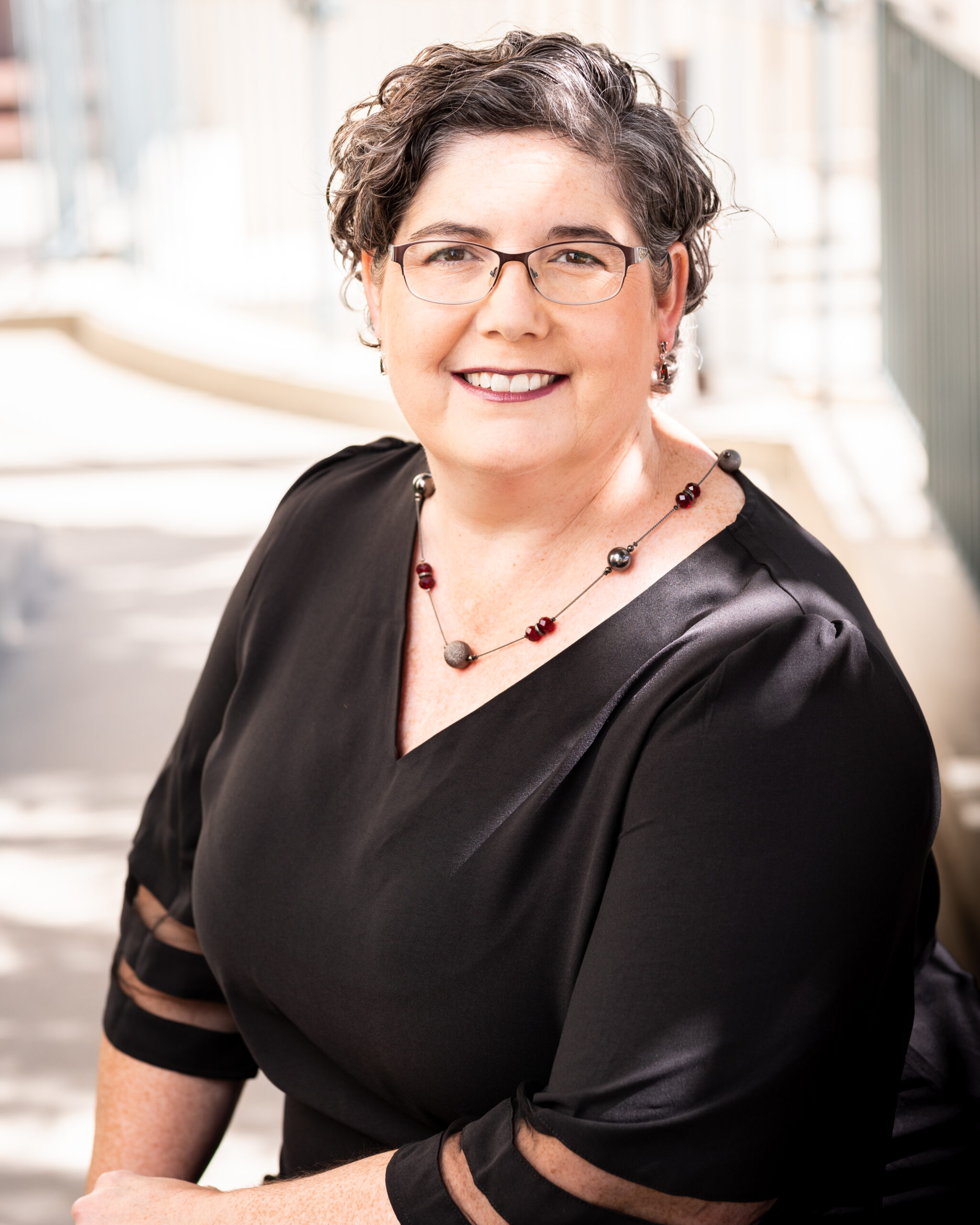01.31.2023
By uscbknpt
Five Things to Know About:
Stacey Dusing

Stacey Dusing
Associate Professor
Sykes Family Chair in Pediatric Physical Therapy, Pediatric Health and Development
IN 2020, STACEY DUSING JOINED THE DIVISION as the Sykes Family Chair in Pediatric Physical Therapy, Pediatric Health and Development. At USC, she launched the Motor Development Lab, where she investigates the development of motor control and coordination in infants and young children with and without disabilities as well as the impact of physical therapy treatment on motor and cognitive development. Here’s five more things to know about the research juggernaut:
1. Like many others, Dusing was drawn to a career in physical therapy after experiencing an injury of her own.
“I was a very active child and teenager with multiple broken bones and sprains landing me in physical therapy,” she says. “When I was 16, I fractured a vertebra after many years as a soccer goalie. The PT I worked with was amazing and helped resolve the acute pain and later the chronic pain, which sparked my interest. But working with kids was my long-term passion. When I found out I could combine these, I was hooked.”
2. Dusing’s research in the Motor Development Lab is focused on the early detection and treatment of cerebral palsy and developmental delays.
“Currently we are evaluating the efficacy of different interventions to improve the motor and cognitive development of infants with or at high risk of having cerebral palsy, starting in the neonatal intensive care unit or in the first year of life,” Dusing says.
3. Mentoring is deeply important to Dusing, who last year earned the Mentorship Award from the American Academy of Cerebral Palsy and Developmental Medicine.
“Nothing makes me happier than seeing someone I have mentored be successful,” she says. “Watching a trainee heading into the finish line — no matter what the finish line is — is incredibly rewarding. When they have been working hard, overcoming obstacles and revising versions, it is incredible to see them reach the goal.”
4. Over time, Dusing’s definition of success in research has changed.
“Fifteen years ago, I would have said having funding, publishing, etc., but now success is moving the research into practice,” Dusing says. “It is implementing the evidence from a clinical trial to make an effective intervention the standard of care. This means policy change, advocacy and training others in addition to generating new knowledge.”
5. Outside of the lab, Dusing likes to stay active with her family.
“I enjoy biking with my husband, hiking with my dogs, swimming with my 16-year-old daughter and scuba diving with my 18-year-old son,” she says. “I am also an avid reader/listener to books and have an active book club I started as soon as I moved here.”
Bonus: Dusing has some words of advice for DPT students.
“Find your area of practice and excel at it,” she says. “And if you ask more questions about why you use a certain treatment or assessment than your patients, consider getting involved in research.”
To learn more about ongoing research at the Motor Development Lab, read the 2022 MDL Newsletter or follow @motordevlab on Twitter and Instagram.

